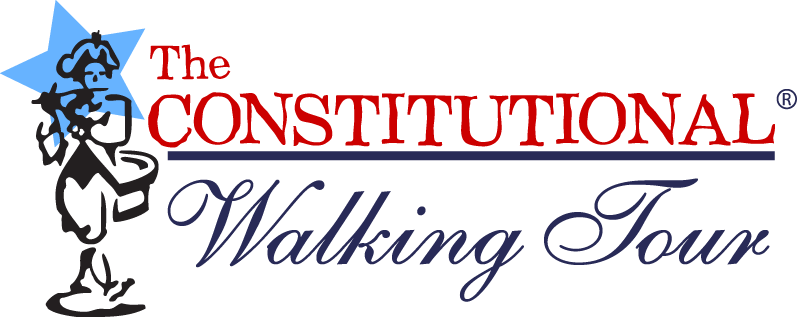Related Posts
- Buy Tickets for The Constitutional Walking Tour of Philadelphia – See 20+ Sites on a Primary Overview of Independence Park, including the Liberty Bell and Independence Hall
- Second Continental Congress
- Constitutional Convention
- Independence Hall
- Signers' Garden
- Congress Hall
- National Constitution Center
Birth: October 7, 1727
Death: November 14, 1819 (age 92)
Colony: Connecticut
Occupation: Lawyer, Politician
Significance: Signed the United States Constitution (at the age of 59); and served as a United States Senator from Connecticut (1789-1791)

William Samuel Johnson was born in Connecticut, and he was educated at home by his father who was a priest. Johnson graduated from Yale College in 1744, and he began practicing law following his graduation.
Samuel became involved in politics as tensions between the American Colonies and Great Britain began to rise. Johnson was a patriot, and he believed that the British Parliament's interference in Colonial affairs was unwarranted, but he preached a cautious approach.
Johnson traveled to London to represent Connecticut's interests before the British Parliament where he was a unwavering critic of British policies. But in 1774, he rejected an appointment to the First Continental Congress and then spoke out against the Battles of Lexington and Concord, fearing the destruction of the Colonies. These positions made Johnson unpopular throughout the Revolutionary War and resulted in Johnson being removed from his posts within the Connecticut government and militia.
However, Johnson remained steadfast in his positions, and he continued to speak out against British overreach while advocating for caution to the United States. As the Revolutionary War concluded and America emerged victorious, Connecticutians again turned to Johnson for leadership and elected him to the Continental Congress (Congress of the Confederation) in 1785. Johnson was named as a representative of Connecticut to serve as a member of the Constitutional Convention which met in Philadelphia during the Summer of 1787. At the Constitutional Convention, Johnson represented Connecticut, and he helped to debate, draft, and sign the Constitution of the United States.
After the newly ratified U.S. Constitution was adopted, Johnson was elected to the United States Senate in 1789, a position he held until 1791. Johnson also served as the third President of Kings College (now Columbia University).
William Samuel Johnson in Philadelphia
Johnson first lived in Philadelphia while he helped to write the United States Constitution as a member of the Constitutional Convention which met at Independence Hall in 1787. While working on the Constitution, Johnson stayed at City Tavern. Johnson also worked in Congress Hall as a United States Senator while Philadelphia was the Capital city of the United States. Today, you can also see a statue commemorating Johnson for his role in the creation of the United States Constitution in the Signers' Hall exhibit of the National Constitution Center. Signers' Garden pays tribute to the Founding Fathers, including those such as Johnson who signed the Constitution of the United States. The National Constitution Center, Congress Hall, Signers' Garden and Independence Hall are all visited on The Constitutional Walking Tour!



